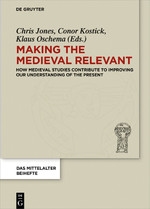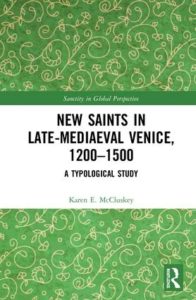Generosity and Avarice in Medieval Europe: University of Nottingham, 23-24 April 2020
From the depictions of generosity and avarice in art and literature, to the interactions amongst neighbours within local communities, to the diplomatic work undertaken within and between polities, the relationship between these distinct but intertwined themes have been grappled with by medieval contemporaries and modern scholars alike. This conference aims to bring together medievalists of all fields and disciplines interested in the understanding and practice of generosity, avarice, and the relationship between the two in Europe between c. 400 and c. 1550. The committee welcomes suggestions for sessions beyond those outlined here and encourages as broad an interpretation of the theme as possible. Topics to be addressed may include, but are not limited to:
· Patronage
· Education
· Ideas of social responsibility
· Gender roles
· Materialities
· Spirituality
· Economy and finance
· Morality
· Diplomatic relations
· Family roles
· Sexuality
· Visual and literary depictions of generosity and avarice
We welcome contributions from scholars at any stage of study or career. For individual papers of twenty minutes in length, please submit a proposal of c. 250-words. If you plan to submit a panel proposal, please include no more than three speakers and submit a c. 300-word overview of the panel with proposed speakers/respondents (and chair, if applicable) and provisional paper titles.
Please submit all proposals via email to ahxjlca@nottingham.ac.uk by Friday 13th December 2019.
Find us on twitter @Generosity2020 or visit the conference website https://generosityandavarice.wordpress.com/ for more information and updates.


